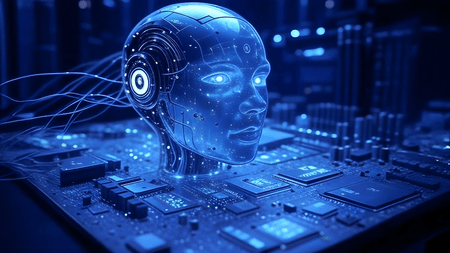
The world is standing at the edge of a major transformation — from digital economy to becoming a quantum economy, a new report led by the Indian Computer Emergency Response Team (CERT-In) said on Friday.
The data compiled by India’s national cyber agency. in collaboration with global cybersecurity firm SISA, highlights how quantum computing is no longer a futuristic idea but a fast-approaching reality with deep implications for cybersecurity and digital infrastructure.
Titled ‘Transitioning to Quantum Cyber Readiness’, the report points out that quantum computers, which work using the principles of quantum mechanics, are now moving out of research labs into real-world use.
Several global tech companies have already made significant progress. Google’s Willow chip, launched in December 2024, achieved a breakthrough in error correction with 105 qubits.
Microsoft introduced its Majorana-1 processor in February 2025, with a vision to scale up to a million qubits.
IBM aims to build fault-tolerant quantum systems by 2029, and Quantinuum has built a 56-qubit trapped-ion quantum computer with record-breaking precision.
Even Nokia is pushing forward in the area of quantum networking, as per the report.
The report comes at a time when the United Nations has declared 2025 as the International Year of Quantum Science and Technology, showing how seriously the global community is taking this shift.
The ecosystem around quantum computing — from semiconductors to system software — is growing rapidly.
While the potential of quantum computing is enormous, it also comes with serious cybersecurity risks, the report noted.
Quantum computers can solve complex problems much faster than today’s machines, which also means they can break current encryption methods.
Encryption algorithms like RSA, which are widely used for securing financial transactions, messaging apps, digital signatures, and even blockchain systems, could be easily cracked.
This could lead to massive data breaches and threaten the very backbone of the digital economy.
The report warns of a particularly dangerous threat: “harvest now, decrypt later” attacks.
In these cases, cybercriminals collect encrypted data today and wait until quantum computers can decrypt it in the future.
Such vulnerabilities put financial data, health records, secure communications, and cryptocurrencies at serious risk.
Another challenge, according to the report, is that many organisations still do not have clear visibility into their current cryptographic systems.
In a future that demands post-quantum cryptography, these blind spots could be disastrous.











